Boogaloo Times: A Discourse on Funk and Soul – Lee Fields, and The Sound Stylistics
Audio clip: Adobe Flash Player (version 9 or above) is required to play this audio clip. Download the latest version here. You also need to have JavaScript enabled in your browser.
- MP3: Lee Fields & the Expressions – These Moments
- The Sound Stylistics – The Taking of Peckham 343
Production does a lot for the music we listen to. Just think about it for a moment–some sort of production must have, at one point or another, generated an effect upon every single vibration that has ever passed through any set of speakers worldwide. Period. Whether the result can be found in the artist’s instrument selection, microphones, choosing between analog or digital recording methods, editing, or in your speakers themselves–everything is produced somehow. I can even casually identify the names of a few prominent artforms that bank entirely on the ability to digitally interpret sound–electro, IDM, krautrock, chiptune, D&B/jungle–things like these would be nothing without audio editing. Furthermore, the manner in which an album is produced can occasionally transform otherwise inadequate sound into a critically lauded Pitchfork 8.7 (ahem, the xx?). Just sayin’.
Bringing it back to the Boogaloo though: I don’t think anyone would be particularly astonished to realize that funk and soul are not exempt from the presence of this phenomenon. Although both genres are traditionally analog-based, and, for that matter, stuck in the past, there are still ways to tastefully produce both using modern techniques that do not alter the aim or consequence of either. To illustrate this, I’ll examine the impact modern production displays on two of 2009’s most qualitatively dissimilar releases in funk and soul–Lee Fields & The Expressions’ My World, and Greasin’ The Wheels by The Sound Stylistics.
My World, released on Truth and Soul Records, blew the shit out of this twenty-year-old-middle-classer’s mind. Fields’ vocals–tender, crackly yet vivacious–sound better today than they ever have before. But that’s not where My World really shines. The heart of the record belongs not to its charismatic frontman, but to The Expressions. Their instrumental tracks, each one of them, are spectacularly affectionate; “Expressions Theme,” “These Moments,” and “Last Ride” are all, for their funky chops alone, more entertaining than any lone voice. Naturally, there are also tracks (namely “My World Is Empty Without You”) that would flop outright if not for Fields’ soulful contribution. As it stands, however, soul is practically marinating in the midst of all its voices; what’s really valuable is a backing band talented enough to construct soul without a throat. The Expressions may well be musicians of this caliber, but there’s still no question that they benefited from an upgrade in production.
If you compare The Expressions to say, Sharon Jones’ Dap-Kings, a markedly different aesthetic becomes perceptible to most anyone. The Dap-Kings, part of Sharon Jones’ chaste revival-funk outfit, strictly choose to utilize only those production methods that would have been available to artists in funk’s heyday. Judging by the way My World sounds, this probably isn’t exactly how things work in the studio with Lee Fields’ Expressions. Contrasted with the Dap-Kings’ faithful approach, the Expressions appear crisp, clean, limber, and at times, even unrealistic. The Dap-Kings, in turn, are top-notch troubadours of classic chunky-funk style–plagued with analog fuzz, and lacking dimension. These shortsightedly insignificant distinctions become more pronounced with every subsequent listen; eventually the connection and mutual influence between these two groups (which are quite strong) obscures considerably.
As a brief aside, however, I’d like to quickly resolve an innocent misconception that this last bit may have induced. Although according to my previous depiction classic funk production might seem less alluring in comparison to the new stuff, there’s still never been anything more funky than heedlessly overlooking production values in the pursuit of groovy gold. Funk’s just as much an attitude as it is a sound; Sharon Jones & the Dap-Kings have both in spades.
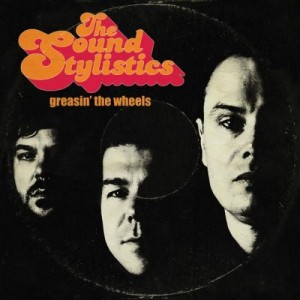 Contemporary funk production isn’t all sunshine and dandelions, though. 2009 alone yielded a handful of releases that seemed to do their very best in showcasing modern techniques at their most tawdry: the dilution of respectable sound down to watery faux-funk. Greasin’ The Wheels by The Sound Stylistics (from the first-rate Freestyle Records), for instance, might have delivered to its listener a prime kick in the rumpus if its production values hadn’t defected. The record is chock full of ineffective rhythm sections alongside leads that sound like they were recorded to accompany Starbucks coffee. Frankly, it’s boring. Now, that’s all somewhat to the fault of the musicians themselves, but their production still would have done some good to trash the sterile mix and throw in a little grit. The bulk of what has relatively recently become labeled Neo-Soul has likewise found its way into coffeeshop-cool production extravagance. There are plenty of singles coming out these days (some of which I will discuss in the next Boogaloo Times) that plainly betray their implicit vow to soulful authenticity by senselessly lathering on layers of glossy shit in an attempt to make their work more smooth. That just ain’t right.
Contemporary funk production isn’t all sunshine and dandelions, though. 2009 alone yielded a handful of releases that seemed to do their very best in showcasing modern techniques at their most tawdry: the dilution of respectable sound down to watery faux-funk. Greasin’ The Wheels by The Sound Stylistics (from the first-rate Freestyle Records), for instance, might have delivered to its listener a prime kick in the rumpus if its production values hadn’t defected. The record is chock full of ineffective rhythm sections alongside leads that sound like they were recorded to accompany Starbucks coffee. Frankly, it’s boring. Now, that’s all somewhat to the fault of the musicians themselves, but their production still would have done some good to trash the sterile mix and throw in a little grit. The bulk of what has relatively recently become labeled Neo-Soul has likewise found its way into coffeeshop-cool production extravagance. There are plenty of singles coming out these days (some of which I will discuss in the next Boogaloo Times) that plainly betray their implicit vow to soulful authenticity by senselessly lathering on layers of glossy shit in an attempt to make their work more smooth. That just ain’t right.
[Note: Greasin' The Wheels does occasionally contain spectacular funk music; "The Taking Of Peckham 343" is a superb example. Listen in for a hearty dose of star-gazing space-funk.]
Funk’s relationship with modern production has, at last, also been a major player in the discovery of several other rhythm-based genres. A few of the digitally dependent styles I listed earlier are of just this heritage. That being the case, I intend to provide an ample survey of these funky offshoots for Boogaloo Times’ third installment. When initially apprising genres such as funk and soul, most people usually lack any sort of real comprehension about how supremely rich the field is. In reality, these grooves require deeper examination than most. My hope is that the Boogaloo Times column improves awareness for all those who read it. And, although this post only included two examples of funk and soul in all their diametric modernity, my current plan is to employ a much greater number of releases in the discussion for the next Boogaloo Times. For now, lets all just take a listen to some cuts and, you know. Get Funky.
Related posts
- Boogaloo Times: A Discourse on Funk and Soul – Pax Nicholas & Seattle Funk[Audio clip: view full post to listen] MP3: Ron Buford...
- Grooves & Glitches: Soul Jazz Records Presents New Orleans Funk – New Orleans: The Original Sound of Funk 1960-75With Grooves & Glitches, we hand-pick excellent vinyl from the...
- Boogaloo Times Preview: Numero Group’s Eccentric Soul Revue @ 9:30 Club (2009.11.10)[Audio clip: view full post to listen] 01. MP3: Syl...
- Album Review: Lonnie Walker – These Times, Old Times (Terpsikhore)[Audio clip: view full post to listen] 01. MP3: Lonnie...
- Album Review: The Magnetic Fields – 69 Love Songs (Merge)[Audio clip: view full post to listen] MP3: The Magnetic...



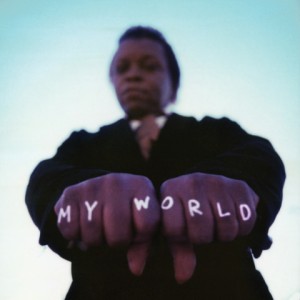


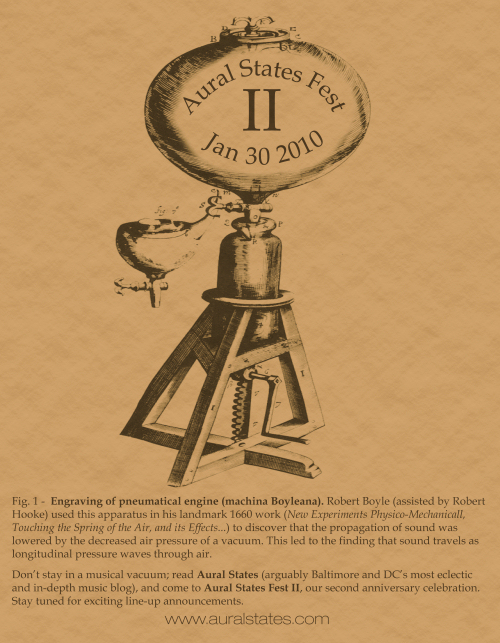
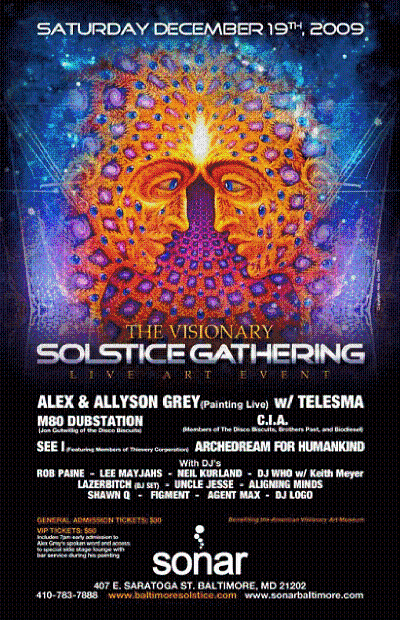










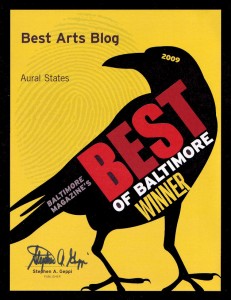


 Double Dagger: Masks EP
Double Dagger: Masks EP Pfisters: Narcicity
Pfisters: Narcicity Lizz King: All Songs Go To Heaven
Lizz King: All Songs Go To Heaven Imperial China: Phosphenes
Imperial China: Phosphenes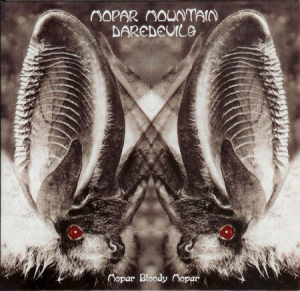 Mopar Mountain Daredevils: Mopar Bloody Mopar
Mopar Mountain Daredevils: Mopar Bloody Mopar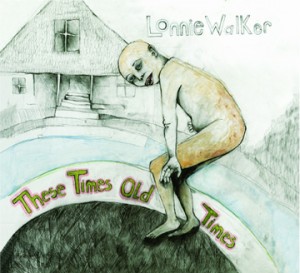 Lonnie Walker: These Times, Old Times
Lonnie Walker: These Times, Old Times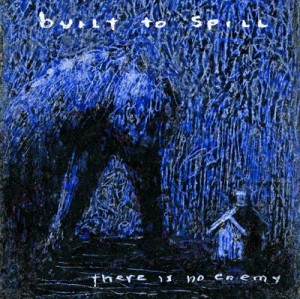 Built to Spill: There Is No Enemy
Built to Spill: There Is No Enemy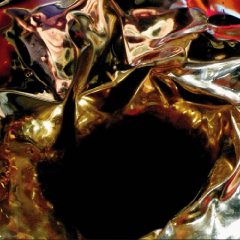 Hypnotic Brass Ensemble: Hypnotic Brass Ensemble
Hypnotic Brass Ensemble: Hypnotic Brass Ensemble Secret Mountains: Kaddish EP
Secret Mountains: Kaddish EP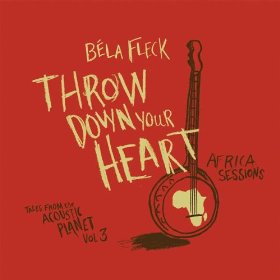 Bela Fleck: Throw Down Your Heart: Tales From the Acoustic Planet, Vol. 3 -Africa Sessions
Bela Fleck: Throw Down Your Heart: Tales From the Acoustic Planet, Vol. 3 -Africa Sessions Lands & Peoples: Lands & Peoples EP
Lands & Peoples: Lands & Peoples EP Caleb Stine: Eyes So Strong and Clean
Caleb Stine: Eyes So Strong and Clean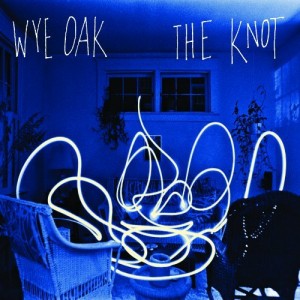 Wye Oak: The Knot
Wye Oak: The Knot Pontiak: Maker
Pontiak: Maker White Rabbits: It's Frightening
White Rabbits: It's Frightening Dirty Projectors: Bitte Orca
Dirty Projectors: Bitte Orca Double Dagger: More
Double Dagger: More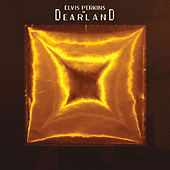 Elvis Perkins in Dearland: Elvis Perkins in Dearland
Elvis Perkins in Dearland: Elvis Perkins in Dearland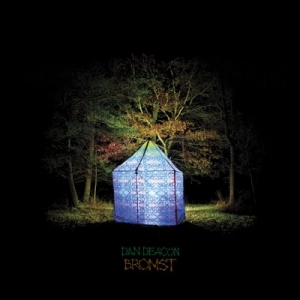 Dan Deacon: Bromst
Dan Deacon: Bromst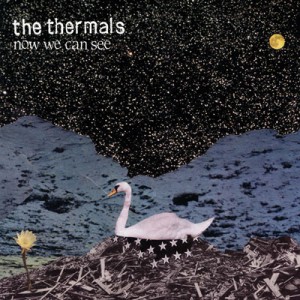 The Thermals: Now We Can See
The Thermals: Now We Can See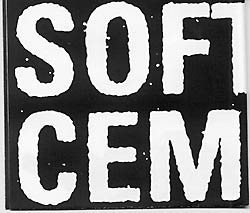 Soft Cement: Think About It EP
Soft Cement: Think About It EP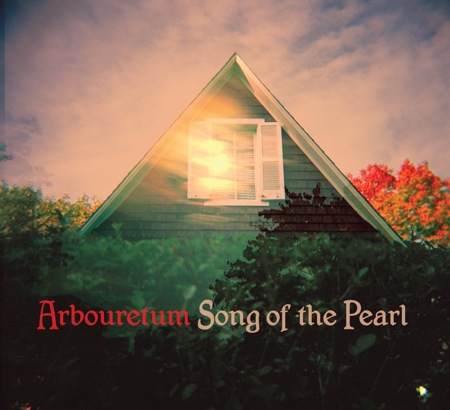 Arbouretum: Song of the Pearl
Arbouretum: Song of the Pearl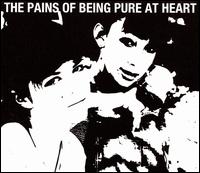 The Pains of Being Pure at Heart: The Pains of Being Pure at Heart
The Pains of Being Pure at Heart: The Pains of Being Pure at Heart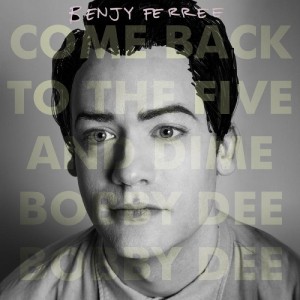 Benjy Ferree: Come Back to the Five and Dime, Bobby Dee Bobby Dee
Benjy Ferree: Come Back to the Five and Dime, Bobby Dee Bobby Dee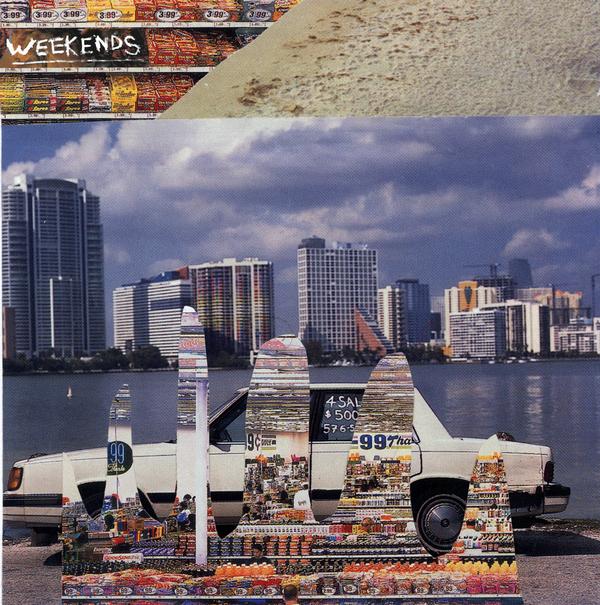 Weekends: Weekends
Weekends: Weekends Height With Friends: Baltimore Highlands 12" LP, Limited-Run Vinyl Only
Height With Friends: Baltimore Highlands 12" LP, Limited-Run Vinyl Only Caverns: Kittens! EP
Caverns: Kittens! EP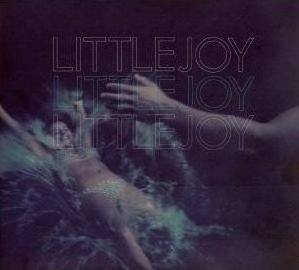 Little Joy: Little Joy
Little Joy: Little Joy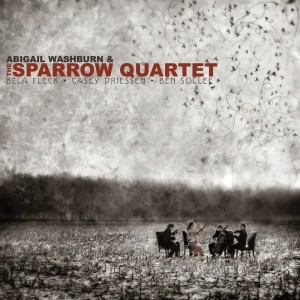 Abigail Washburn & the Sparrow Quartet:Abigail Washburn & the Sparrow Quartet
Abigail Washburn & the Sparrow Quartet:Abigail Washburn & the Sparrow Quartet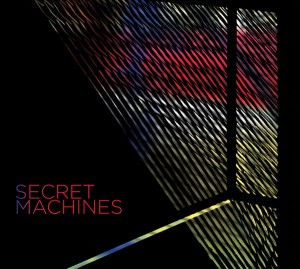 The Secret Machines: Secret Machines
The Secret Machines: Secret Machines The Bug: LondonZoo
The Bug: LondonZoo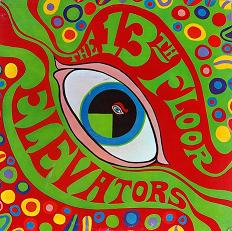 13th Floor Elevators: Psychedelic Sounds of the 13th Floor Elevators (Vinyl Mono LP only)
13th Floor Elevators: Psychedelic Sounds of the 13th Floor Elevators (Vinyl Mono LP only) Arbouretum/Pontiak: Kale (Vinyl LP only)
Arbouretum/Pontiak: Kale (Vinyl LP only) Small Sur: We Live in Houses Made of Wood
Small Sur: We Live in Houses Made of Wood AbeVigoda: Skeleton
AbeVigoda: Skeleton ImperialChina: Methods: EP
ImperialChina: Methods: EP
Production proper is surely to be distinguished from arrangement and engineering, as an intermediate stage between performance and reproduction: production thus defined constitutes a transformative intervention in the sound for creative rather than merely technical ends, usually by a third party. And most of it sucks. That’s not to say there aren’t “light-touch” producers who leave the raw material as undisturbed as possible while trying to give it the right “oomph”, but few get it right.
And thus defined, I’ve heard plenty of unproduced music and generally prefer it to the reworked final product. It’s very unusual for production to preserve the immediacy of the original, warts & all. The demo CD has shown us that we don’t need it anything like as much as we were told (most of all by producers, oddly).